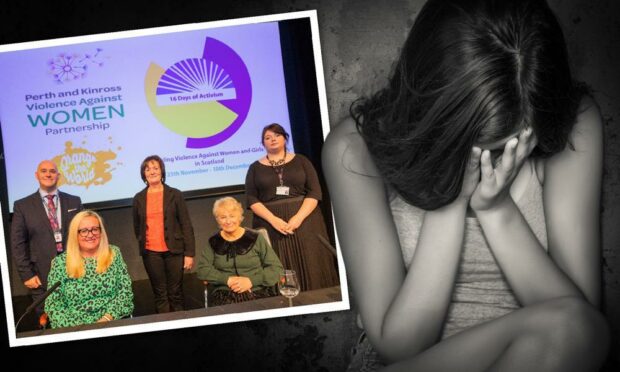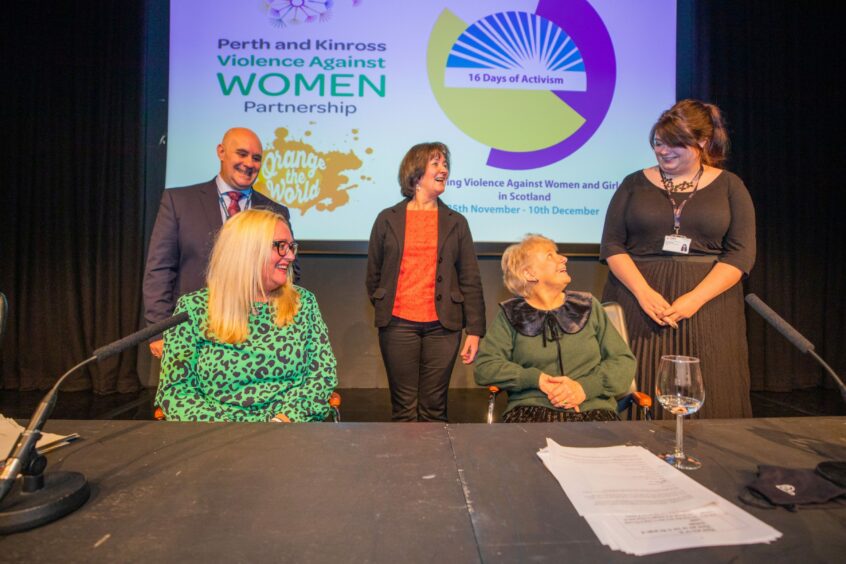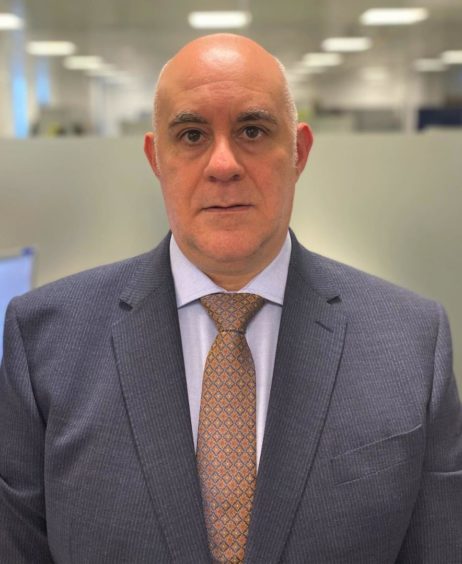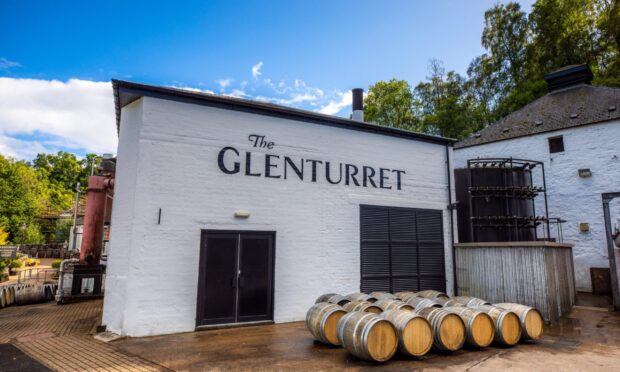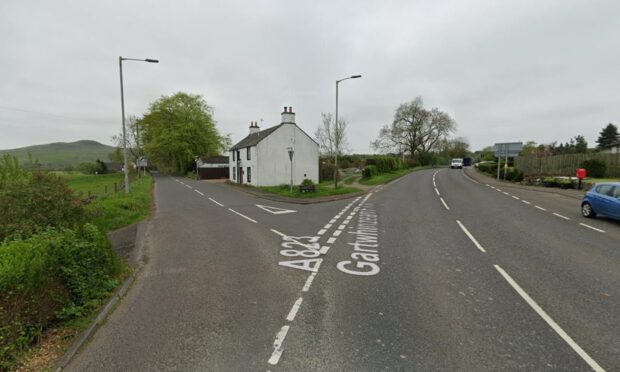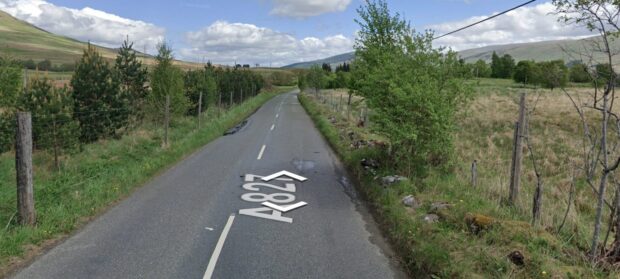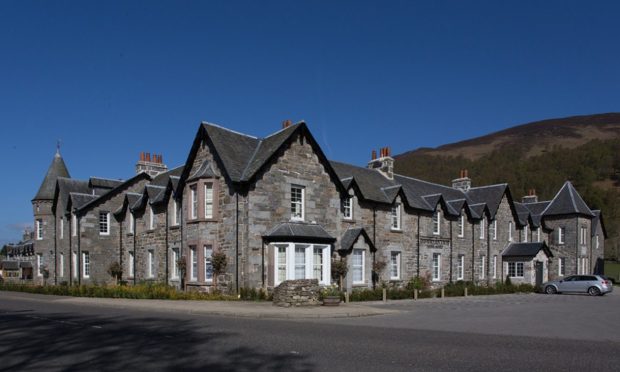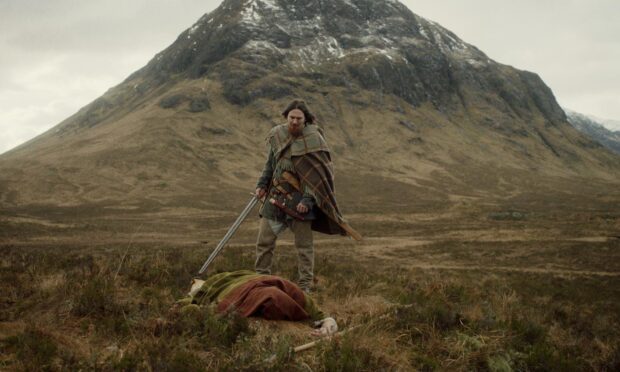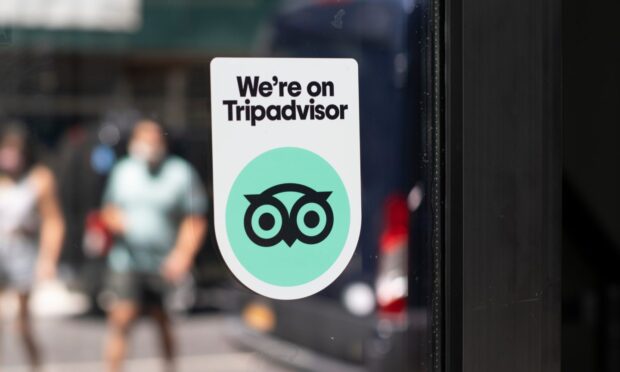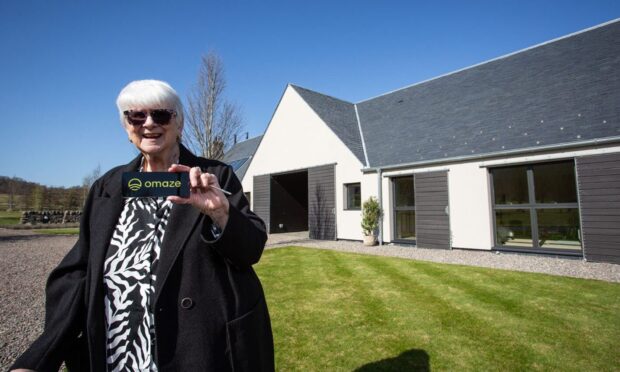A police chief has revealed that 10 victims of forced labour have been identified in Perth and Kinross this year – the highest of any council area in Scotland.
Experts say the issue is getting worse in the region, with labour shortages in various sectors said to be one of the factors.
The figure was revealed during a seminar on human trafficking on Monday, one of the events being held in Perthshire during 16 days of activism over violence against women.
Detective Superintendent Filippo Capaldi, the lead for human trafficking and modern slavery in Scotland, said: “In 2021 there were 10 victims of forced labour. This figure was the highest of any local authority.
“There were also 28 women advertised online for sexual exploitation. These figures are far too high.”
What is forced labour?
According to Anti-Slavery International, forced labour is “any work or service which people are forced to do against their will, under threat of punishment”.
Tens of millions of people around the world are pushed into forced labour each year in sectors including agriculture and fishing, construction, manufacturing, prostitution and market trading.
It is said to be the most common element of modern slavery and the “most extreme form of people exploitation”.
Why is it getting worse?
Experts say a combination of factors are to blame for more cases being identified.
It includes changes in the way that criminals operate – such as the covert methods they use to get people into the country – and rising labour shortages in the UK.
Roddy Ross, team leader for safer communities in Perth and Kinross, said: “It’s quite difficult to say for sure but the underlying reason is likely to be demand and availability.
Organised crime groups… can move quickly to exploit the opportunity ahead of legitimate organisations
Team leader for safer communities
“Labour shortages result in a demand for workers and, while bigger companies have policies and procedures in place – to reduce the chances of employing people who have been trafficked – it’s much more difficult for smaller enterprises to know how labour has been secured.
“Organised crime groups recognise the potential, don’t care about the procedures and the law, and can move quickly to exploit the opportunity ahead of legitimate organisations.”
‘Not everyone understands it happens in Perth’
Hazel Robertson, chair of the Violence Against Women Partnership in Perth and Kinross, says human trafficking and forced labour can often go under the radar.
She said: “Everyone needs to be aware of this. We need men to be on board with this too, to really initiate change.
“We want to target the public, because not everyone understands that human trafficking happens in Perth.
“There have been apparent cases of trafficking locally. Trafficking takes violence against women and girls to another level, we have seen a number of tragic incidents of trafficking locally.
“It’s a significant problem in Perth, and probably one that is getting worse. We need to make the change and stop this.”
Jenni Keenan, empowering communities manager at charity PKAVS, said: “I think it’s really important that people understand that human trafficking is a local issue.
“We also want people to know there is lots that can be done.
“Over the last few years we have seen a steady increase of incidents that have been coming to our attention, but unfortunately trafficking is such a hidden problem. We need to bring it to light.
“My advice for anyone that notices a potential trafficking issue is to ask for help straight away, ask the experts and get help if you can.”
Police activity to tackle problem
Det Supt Capaldi says a raid in Blairgowrie earlier this year is among the activities that officers have ben involved with locally, in an attempt to disrupt criminal activity.
He said: “There are a couple of very good successes that we have had in Perth and Kinross over the last six months, particularly around labour exploitation. We still have a long way to go.
“All of our officers have the Unseen app installed on their devices, making it easier to report incidents locally.
“It is really important to raise awareness, because people are under the impression that it does not happen here and it only does in the main cities.
“We need people to understand that it happens everywhere, and can even happen next door.
“Women are not commodities, but to the traffickers, that is what they are reduced to. This needs to stop, and it starts with all of us taking action.”
What help is out there?
Tara – which stands for Trafficking Awareness Raising Alliance – was among the groups attending the seminar.
Audrey Hand, Tara’s training officer, said: “We offer assistance and help to those who have been trafficked.
“We can provide legal advice, hot meals, a warm bed and shelter for these women. It is really important in aiding recovery.
“If you feel that you have noticed anything, or suspect someone has been trafficked please contact us, we can help and put the tools into place to get the person into a stable situation.”
Anyone with concerns about a potential victim of human trafficking can contact Tara on 0141 2767724 or Police Scotland on 101.
